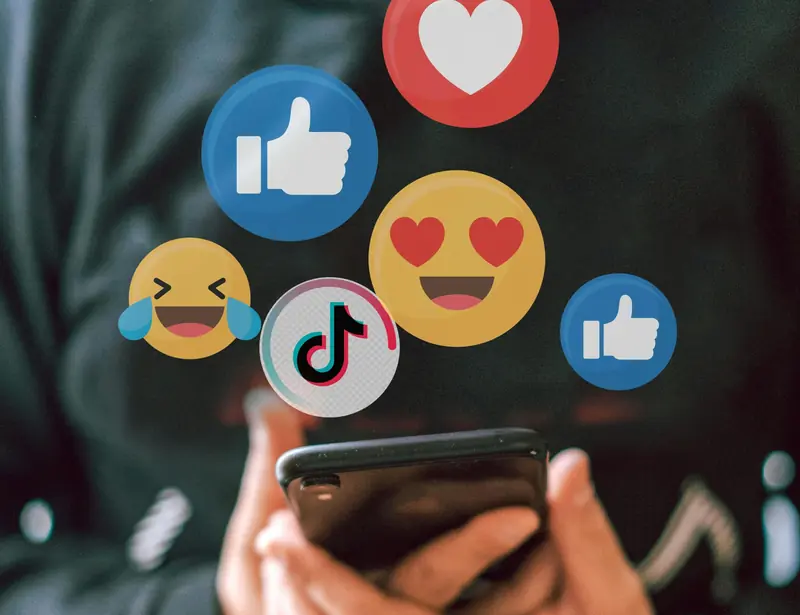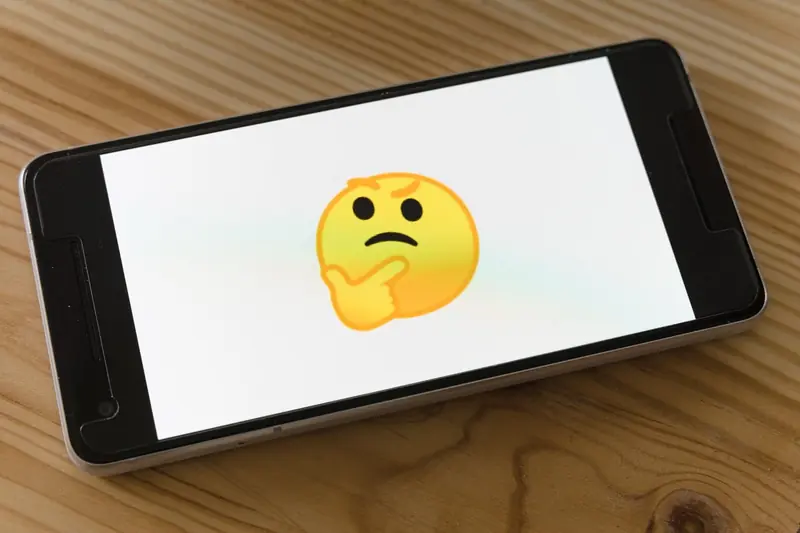
Researchers from Chatham University in Pennsylvania, USA, have found that using the right emojis can help soften the blow of negative online messages related to work issues.
In the 26 years since the first emojis were created, these symbols have gained immense popularity worldwide.
Many of us regularly use them in office emails and text messages. However, there has been no scientific verdict on the use of emojis in workplace communications—until now. One study from 2018 examined the role of emojis depicting a thumbs-up and a heart. The researchers concluded that these symbols enhance communication in the workplace, as reported by the Daily Mail. Yet, a 2022 study expressed skepticism about emoji exchanges among colleagues, suggesting that this habit is typical of individuals who lack influence among their peers.
The team behind the new research defended emojis and their users. According to Dr. Monica Riordan, emojis can play a significant role in conveying negative messages. She believes that this form of emotional expression helps capture the subtle nuances of conversation that are difficult or inappropriate to convey through text alone.

What the Researchers Discovered
In an effort to understand the impact of emojis on negative messages in the workplace, the team conducted three experiments.
In the first experiment, 105 participants received different messages: some included emojis, while others did not. A thumbs-down emoji was used for negative messages, while a clapping emoji represented positive ones.
The second experiment involved 178 participants, where emojis were replaced with GIFs that conveyed either negative or positive emotions. Finally, in the third experiment, which included 195 volunteers, researchers assessed the impact of emojis featuring faces, emotional words, and punctuation marks.
Throughout all three experiments, scientists observed that emojis boosted team morale, regardless of whether they were negative or positive.
According to the researchers, the use of emojis helped message recipients better process the high emotional tension of conversations. It fostered a sense of closeness among team members, motivating participants to stay engaged, regardless of the emotional tone of the message. The scientists also noted that emojis are particularly beneficial for connecting colleagues who work from home.
“In remote work, just as in face-to-face interactions, the ability to appropriately express negative emotions is crucial for achieving good outcomes,” the researchers wrote in their article for the journal Computers in Human Behavior.
Interestingly, as researchers from Pompeu Fabra University in Barcelona found in 2018, people around the world express their feelings using six billion emojis every day.
